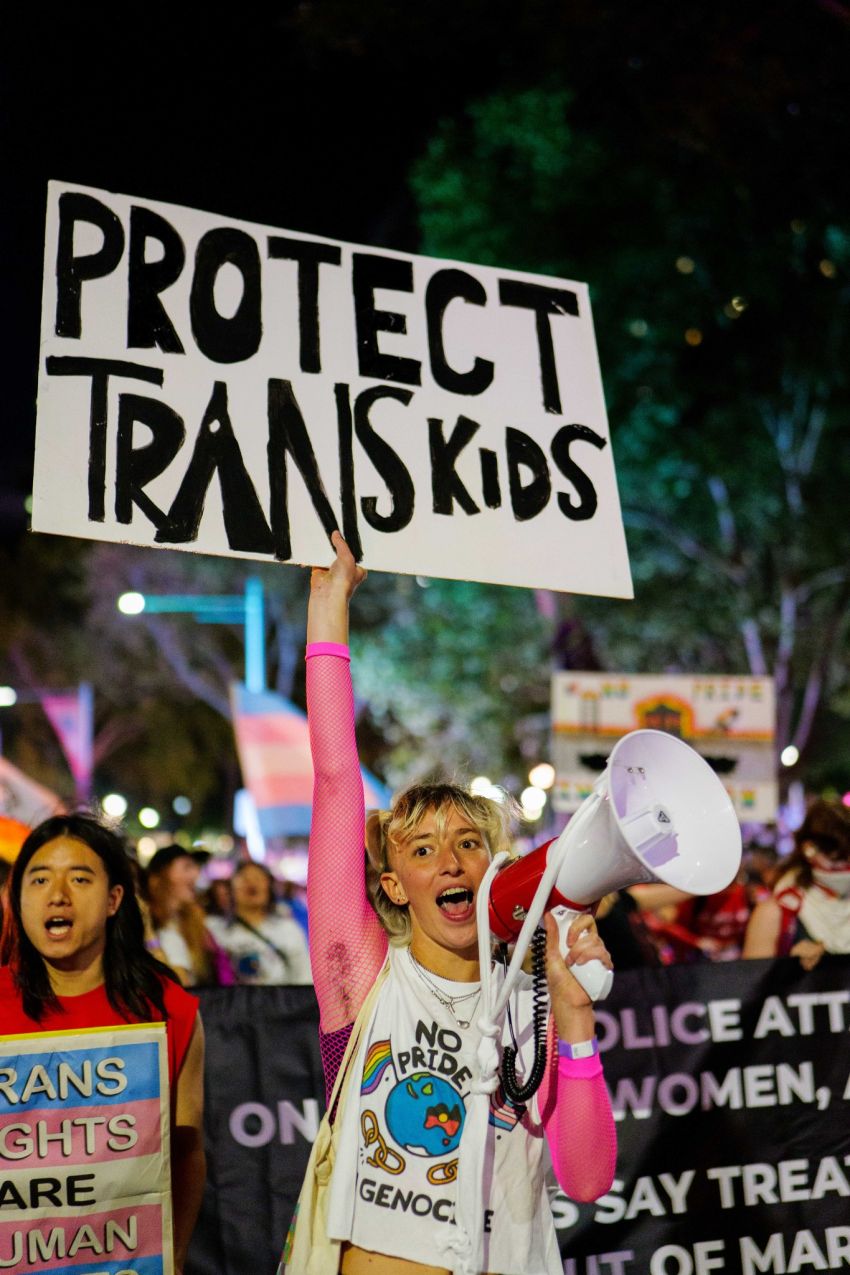
Civil and legal rights groups are urging New South Wales Labor to rethink its amendments to the Anti-Discrimination Act 1977. They say religious exemptions in the current law are already discriminatory and the proposed changes are too broad.
Attorney General Michael Daley introduced the Anti-Discrimination Amendment (Religious Vilification) Bill 2023 on June 28, saying the bill “will also protect people who do not hold religious beliefs or affiliations or who do not engage in religious activity, in recognition that these are also beliefs about religious matters that should be protected”.
But Josh Pallas, President of NSW Council for Civil Liberties (NSWCCL), said there is “uncertainty” around the impact the bill could have on other fundamental rights. He said the changes were too broad and urged it be sent to Law Reform Commission for examination adding, it “cannot be fixed with amendments”.
“The only prudent way to facilitate such far-reaching reform is through a referral of the whole Anti-Discrimination Act to the NSW Law Reform Commission. There is widespread community support for a complete review.’
The NSWCCL is concerned the changes could criminalise those who engaged in “ridicule or vilification of institutions such as, for example, the Catholic Church, Hillsong, the Church of Scientology or the Anglican Church may be taken to constitute severe ridicule or vilification of persons who belong to those organisations, and thus made unlawful”.
“Trans people, people with intersex variations and sex workers also receive limited protections under NSW anti-discrimination law. Where is the protection for them? Why should religious organisations receive protection before them,” Pallas asked?
The Australian Lawyers for Human Rights (ALHR) highlighted what it said are “serious flaws”. ALHR President Kerry Weste said the bill “does not sufficiently distinguish between freedom of expression directed against the ideas and tenets of a religion, and vilification against persons or groups because they hold or express religious beliefs”.
She agreed that the law needed to be comprehensively reformed, saying that NSW “stands apart from Victoria, Queensland and the Australian Capital Territory — as well as the rest of the Western democratic world — in its failure to legislate a Human Rights Act”.
The Anti-Discrimination Act includes religious exemptions that allow discrimination against LGBTIQ people, single mothers, women who have abortions and sex workers.
A 2021 case involving a high school English teacher highlights this. Steph Lentz was fired from the Covenant Christian School after she came out as a lesbian. She received a letter which said she had failed to affirm the school’s Statement of Belief, including the “immorality” of homosexuality. Her sacking was legal, because the NSW law exempt religious organisations, including government funded evangelical schools, from the law.
“Australian law already allows the kind of discrimination that got me sacked for what I believe and who I am,” Lentz told the Sydney Morning Herald at the time. “Because of my strong commitment to Christianity and its doctrines, I suppressed that part of myself, believing it was wrong,” she said. After taking a year off work, she came out and after resuming teaching told her employer. She was sacked shortly afterwards.
Alastair Lawrie, director of the Public Interest Advocacy Centre (PIAC), has undertaken research on anti-discrimination laws across Australia to determine who well or how poorly they protect LGBTIQ people from discrimination and vilification.
He said in an article he wrote in a personal capacity that “religious exceptions included in the NSW Anti-Discrimination Act are in fact the broadest in Australia”.
The Anti-Discrimination Act 1977 allows all non-government schools and colleges to refuse to employ lesbian, gay and transgender people, and exclude or expel LGBTIQ students, he said.
“These loopholes allow religious organisations to discriminate against lesbian, gay and transgender people in a wide variety of circumstances.” He added that they “are so generous that they substantially, and substantively, undermine the overall purpose of the legislation (which is supposedly ‘[a]n Act to render unlawful racial, sex and other types of discrimination in certain circumstances and to promote equality of opportunity between all persons’)”.
Lawrie said the exemptions essentially sanction discrimination against LGBTIQ employees and people accessing services in any organisation that is considered “religious”, including schools, hospitals and social services.
The bill has been sent to a parliamentary inquiry.
[Community Action for Rainbow Rights is holding a LGBTIQ rights rally on August 6. The Rainbow Rights Coalition is organising a Rainbow Rights Round Table on July 16 with Rainbow Community Angels.]